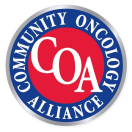
Our Members & Community

Committees

Officers & Board

Membership
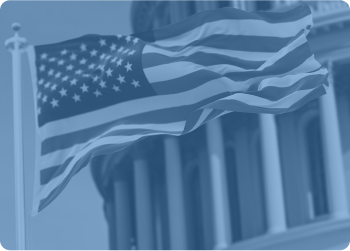
Leadership

Contact Us
What We Do
COA has built a national grassroots network of community oncology practices to advocate for public policies that benefit patients. Individuals from all levels of the cancer care delivery team – oncologists, hematologists, pharmacists, mid-level providers, oncology nurses, patients and survivors – volunteer their time on a regular basis to lead COA and serve on its committees.
By offering innovative solutions to Congress and policymakers, empowering patients, and working closely with other healthcare stakeholders, COA is helping to shape a future where all Americans have access to quality, affordable cancer care.

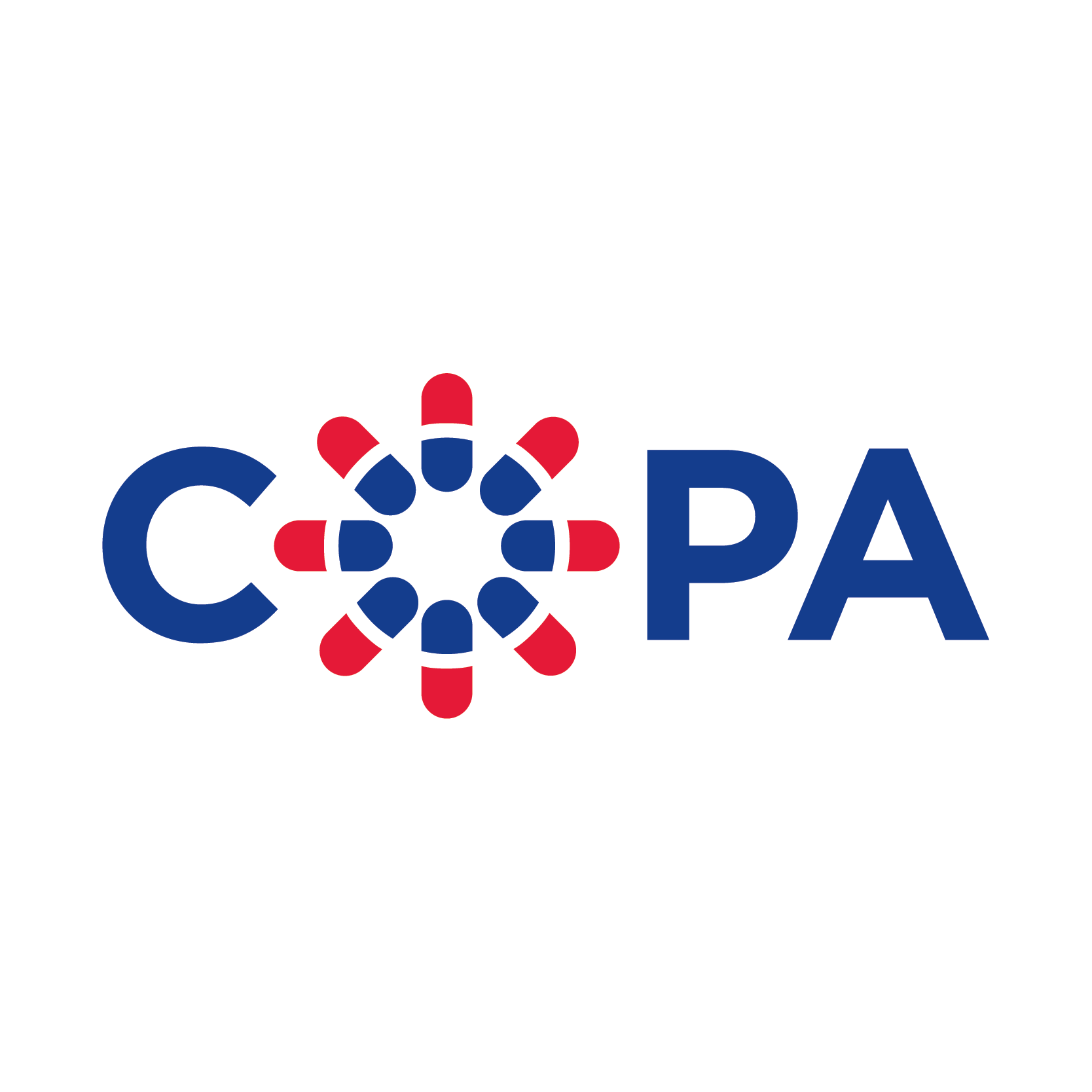
Community Oncology
Pharmacy Association
COPA was formed in response to the increasing number of community oncology clinics dispensing oral cancer drugs and ancillary therapies. Financial pressures have begun to separate oral cancer therapy from the point of care and oncologist control, thus interfering with the physician-patient relationship, medication adherence, and more. As a non-profit, COPA is in the unique position of serving as a noncommercial organization dedicated to addressing these and other oncology pharmacy issues, all in the sole interest of patient care.

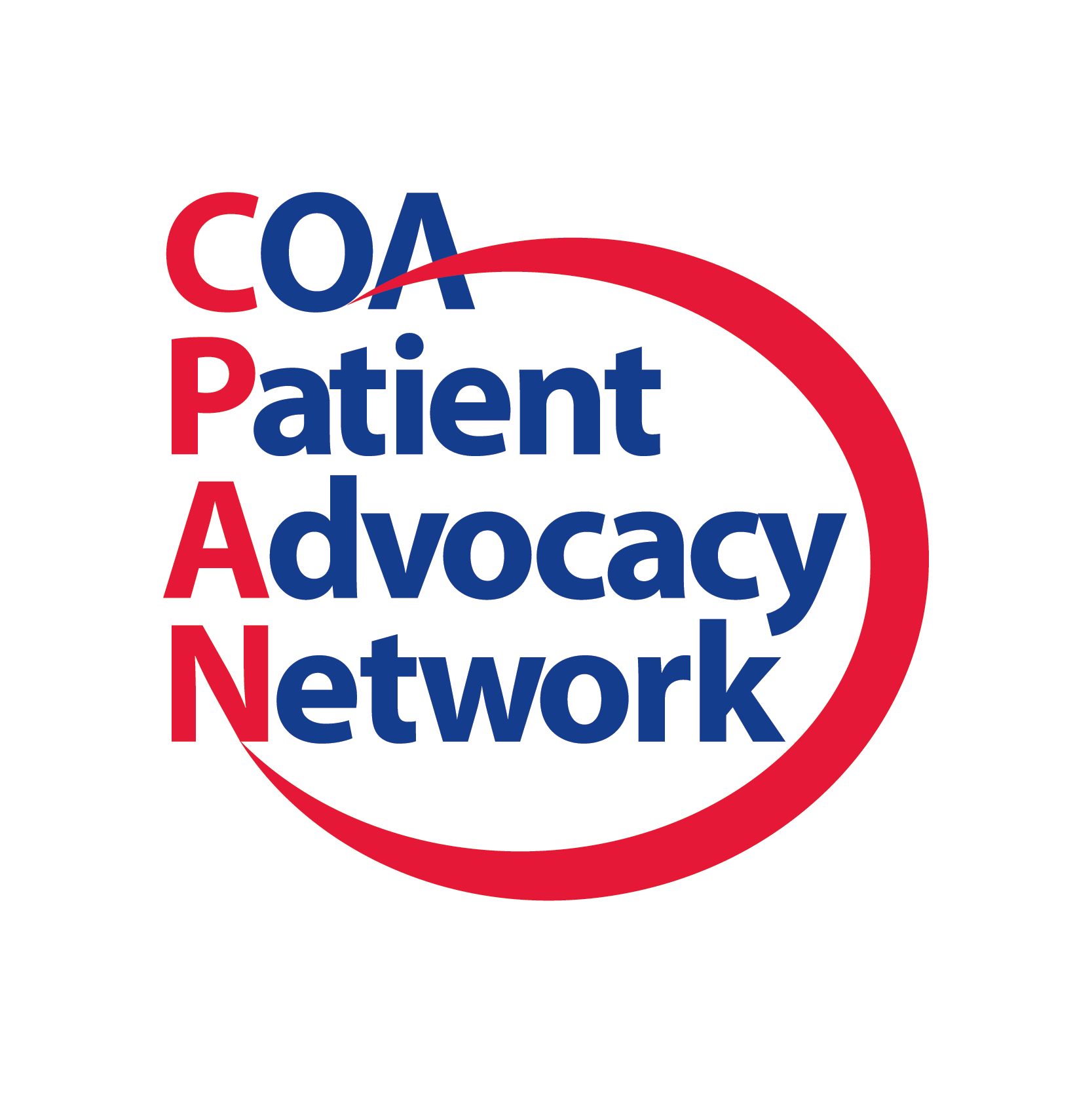
Community Oncology Alliance Patient Advocacy Network
CPAN is a national advocacy organization committed to raising awareness of independent, community cancer care and the issues that affect it. CPAN advocates — patients, survivors, caregivers, nurses, pharmacists, oncologists, and more—share their personal stories and advocacy power so elected officials understand the importance of local, affordable, and accessible cancer care close to where they live and work. CPAN practice-based chapters educate, engage, and activate CPAN advocates around key national cancer care issues. CPAN membership is free and we welcome your voice.

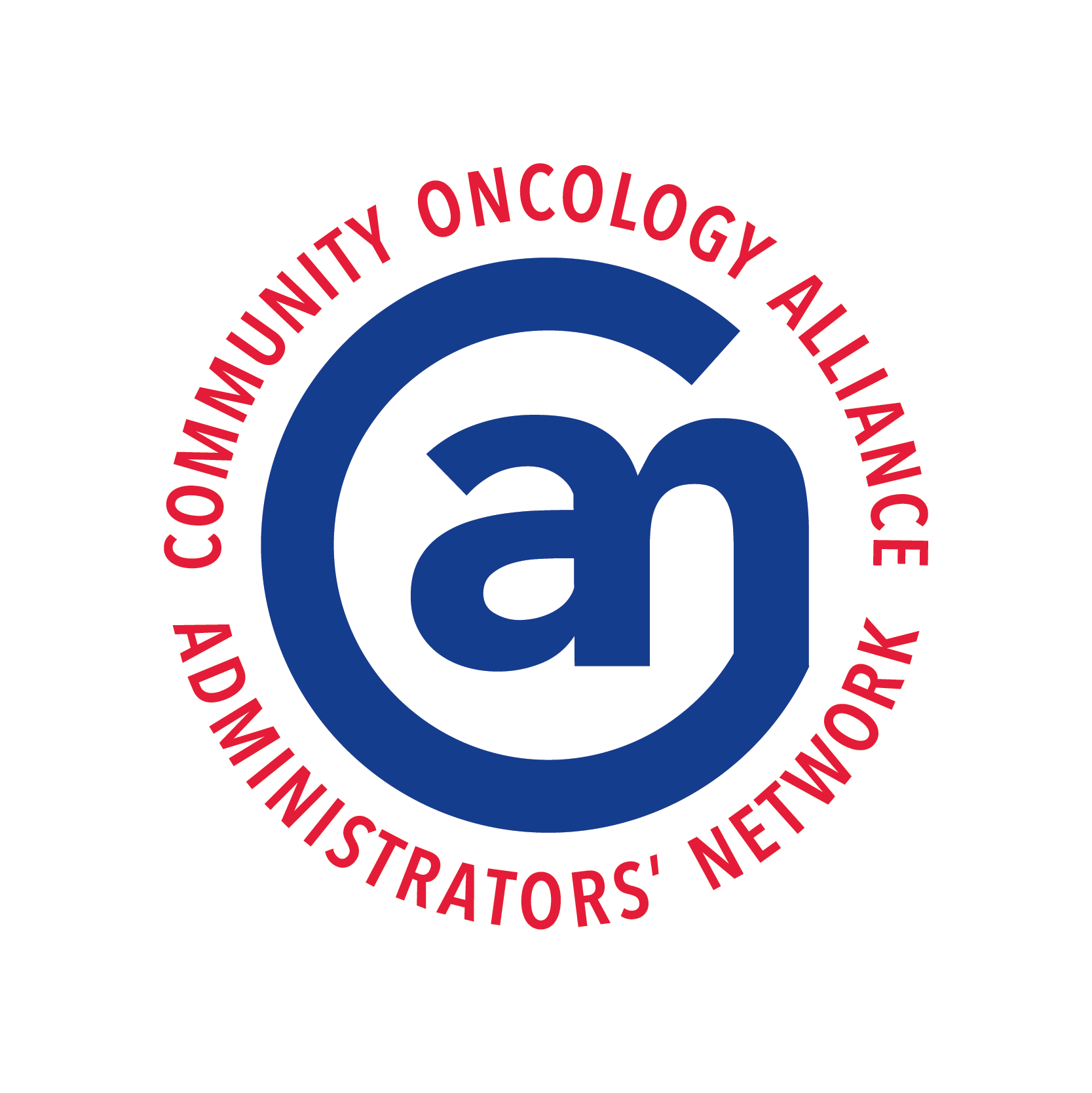
Community Oncology Alliance Administrators’ Network
CAN seeks to enhance communications among practice administrators within community oncology practices, especially relating to operational and reimbursement issues. CAN members regularly share best practices and intelligence on the issues their practices face, focusing on increasing operating efficiencies and providing a unified advocacy voice with both Medicare and public payers.

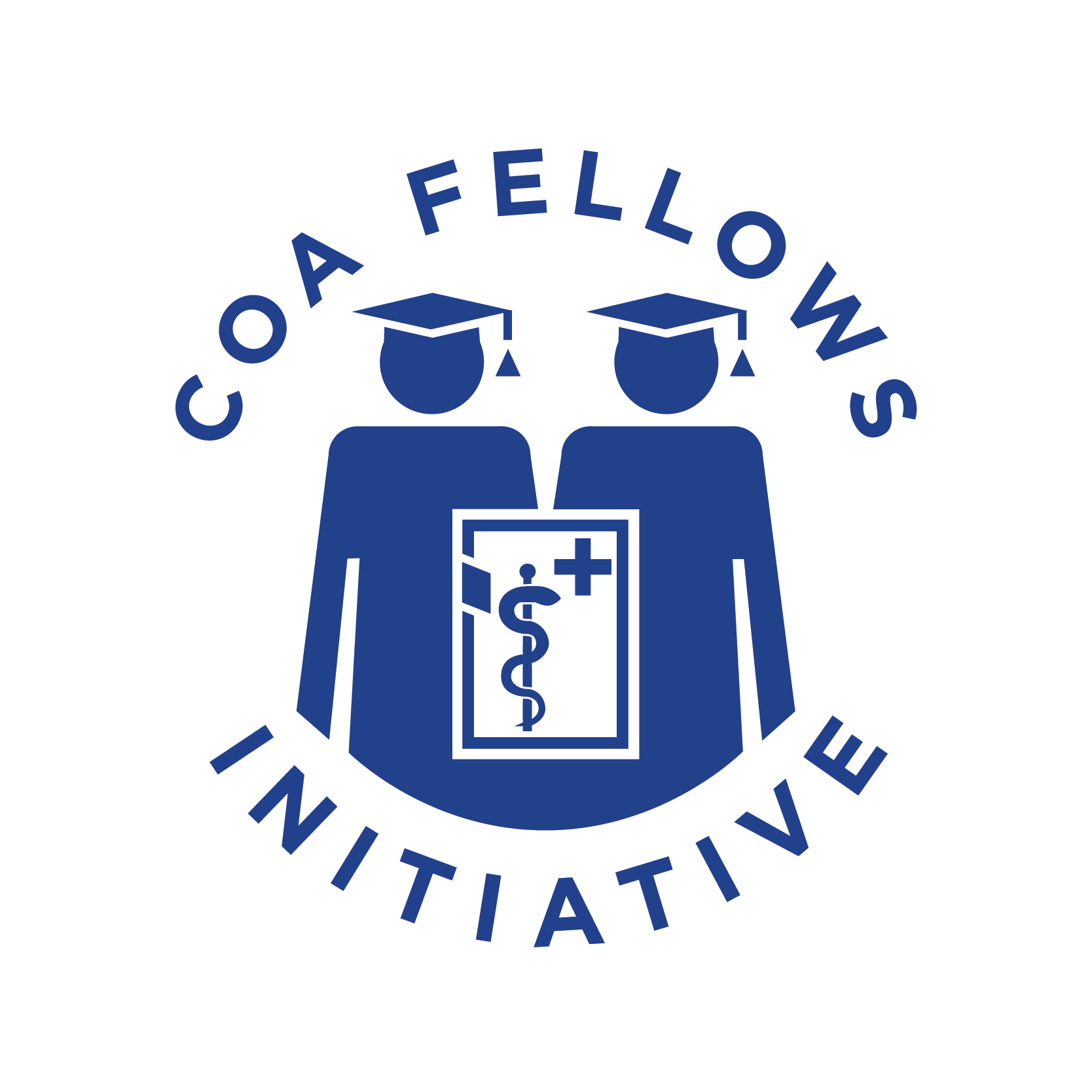
COA Fellows Initiative
The COA Fellows Initiative seeks to engage and educate oncology hematology fellows on the value of practicing in the community setting. As fellows begin to make decisions about where to practice, the initiative is designed to explore, in detail, the opportunities community oncology presents.

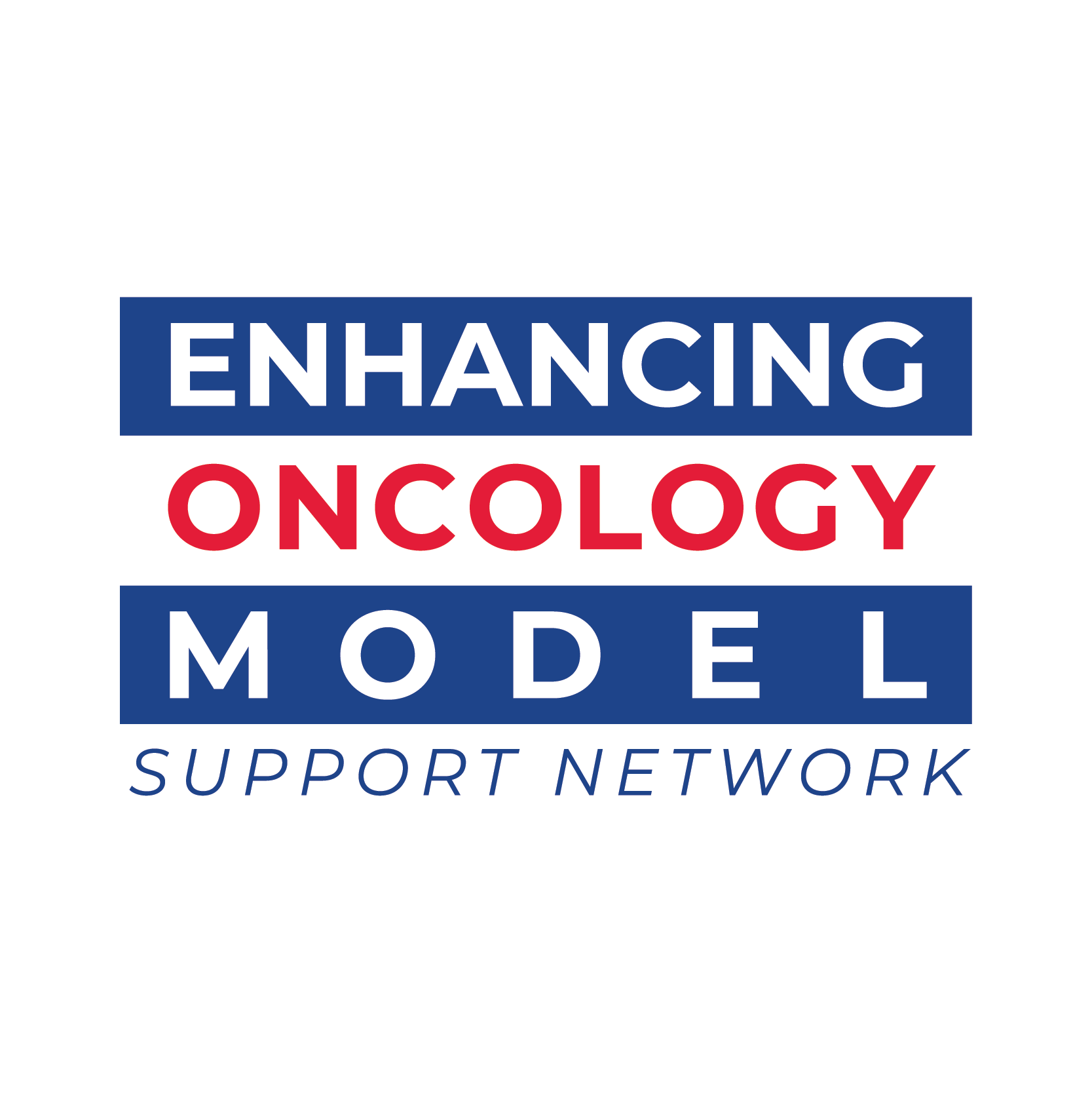
Enhancing Oncology Model
Support Network
COA has supported payment reform since its inception – we think there is a better way than traditional fee-for-service models to support provider and payer goals while ensuring patient receive high-quality care. From practice preparation to outcomes measurement or patient resources, we hope you find these tools helpful when taking part in the EOM.

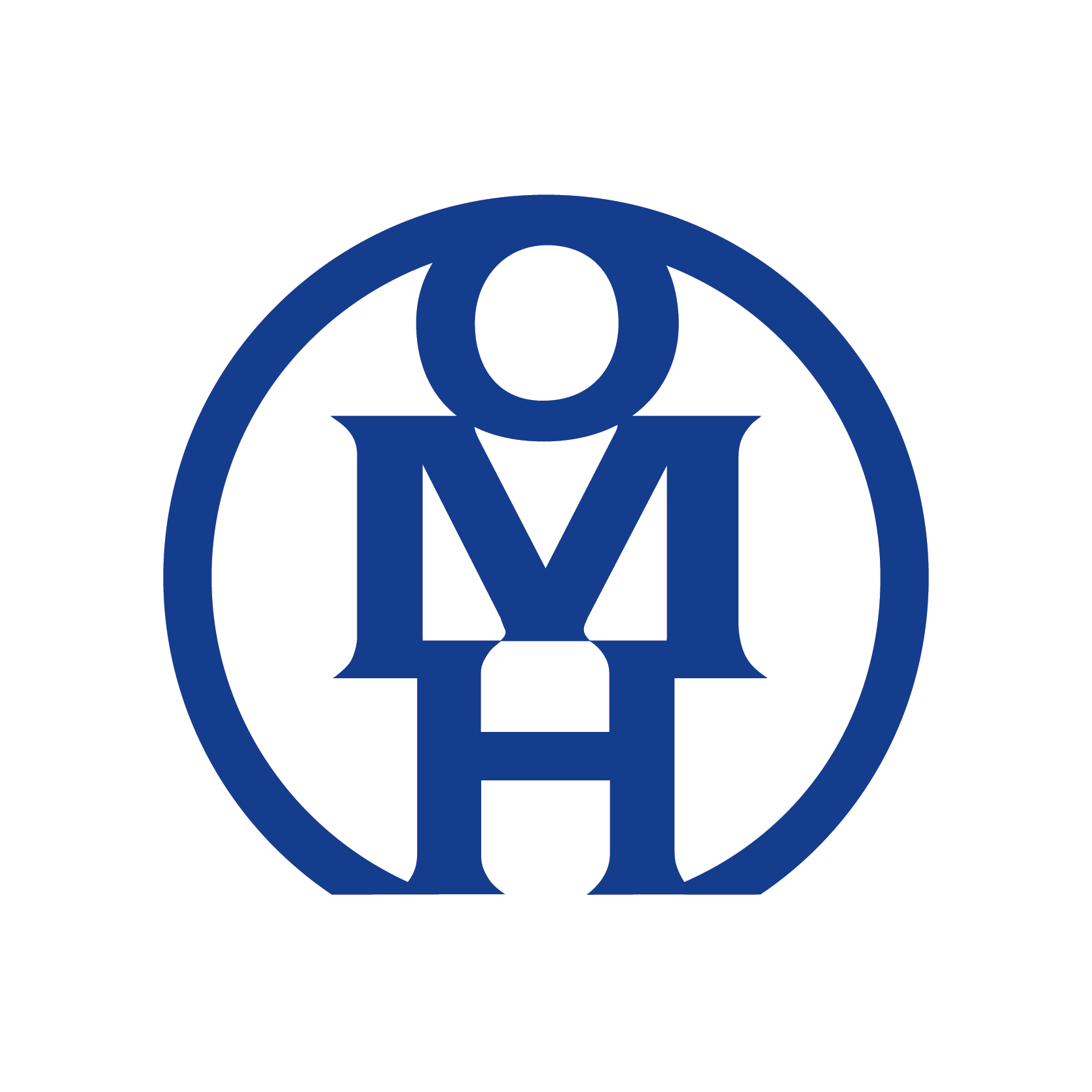
Oncology Medical Home
COA has pioneered policy on the Oncology Medical Home (OMH) and payment reform for cancer care. The OMH model is a patient-centered system focused on promoting, delivering and ensuring quality and value in cancer care. Working with the American College of Surgeons Commission on Cancer, OMH accreditation standards have been completed and, to date, 10 pilot practices have been fully accredited.

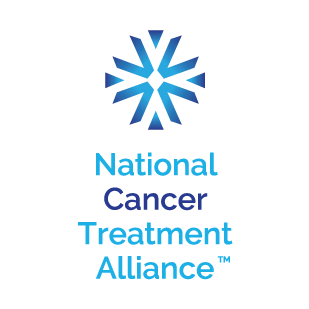
National Cancer Treatment Alliance
The NCTA is a for-profit benefit corporation subsidiary of the Community Oncology Alliance (COA), a national non-profit dedicated solely to independent, community oncology practices and, most importantly, the patients they serve. Through the NCTA, we are seeking to provide a solution to employers and health plan sponsors who are increasingly frustrated by an expensive, complex, and unfriendly cancer care system.
